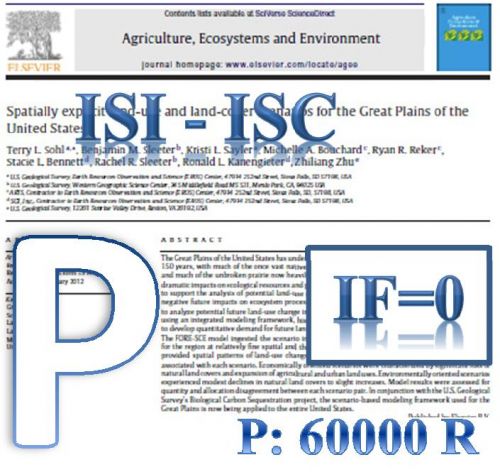This study explored the effect of Iranian EFL learners’ critical thinking abilities on their receptive English language proficiency skills. With this purpose in mind, the researchers administered the Persian version of Watson-Glaser Critical Thinking Appraisal (WGCTA) and the Interchange Objective Placement Test (Lesley, Hansen, & Zukowski-Faust, 2005) to 96 Intermediate EFL learners, and correlated the scores obtained from the two tests to see whether there is any significant relationship between critical thinking and proficiency. Results from Pearson product-moment correlation showed significant correlations between WGCTA subscales and proficiency scores. Furthermore, while logical interpretation was the only important variable in predicting both reading and listening comprehension scores, a stepwise multiple regression consisting of Watson-Glaser subscales 1 (drawing inferences), 2 (recognizing assumptions), and 4 (logical interpretation) successfully predicted total proficiency test scores (R = .43). To see to what extent total scores for critical thinking may affect English language proficiency, three groups of High, Mid, and Low were formed based on critical thinking scores. The mean proficiency scores of the three groups were compared. One-way ANOVA indicated significant differences in the mean proficiency scores among the three groups. The results of the post-hoc Scheffe test revealed that there was a significant difference between the proficiency scores of the high creative group and those of the two other groups. The implications of the results were discussed.
کلید واژگان :—critical thinking, Watson-Glaser, listening and reading comprehension, proficiency
ارزش ریالی : 1200000 ریال
با پرداخت الکترونیک
